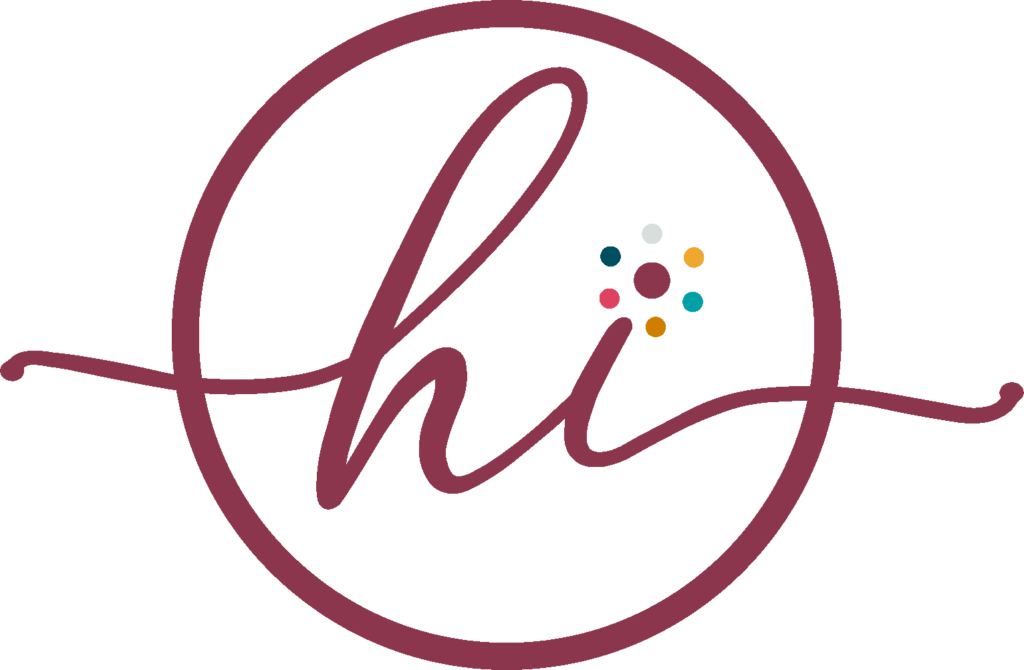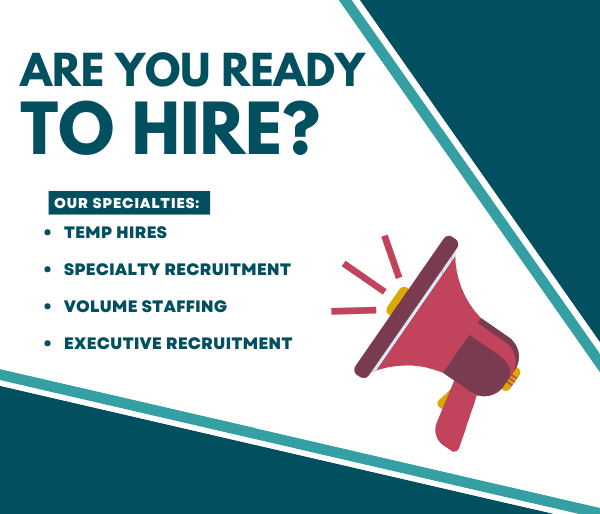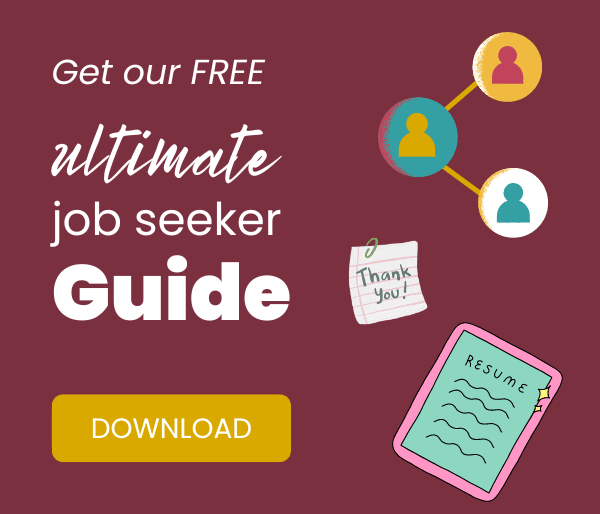In today’s competitive legal landscape, technical skills and qualifications alone aren’t enough to guarantee success. Emotional intelligence (EI) has emerged as a critical factor in hiring legal professionals who can not only navigate complex cases but also foster effective client relationships, contribute to team dynamics, and adapt to high-pressure environments. This blog explores how to assess emotional intelligence during the hiring process and why it should be a key focus for legal leadership.
Understanding Emotional Intelligence in Legal Hiring
Emotional intelligence refers to the ability to recognize, understand, and manage one’s own emotions while effectively navigating interpersonal relationships. In the legal field, high EI enables professionals to:
- Communicate effectively with clients and colleagues.
- Manage stress and remain composed under pressure.
- Mediate conflicts and provide thoughtful counsel.
- Build trust and rapport with diverse stakeholders.
Traditional and Non-Traditional Tools for Assessing EI
Traditional Tools
- Behavioral Interview Questions:
- Questions such as “Can you share an example of how you resolved a conflict within a team?” or “How do you handle high-stress situations?” provide insight into a candidate’s emotional intelligence.
- Validated Assessments:
- Tools like the EQ-i 2.0 or the Mayer-Salovey-Caruso Emotional Intelligence Test (MSCEIT) offer structured methods for measuring EI.
Non-Traditional Tools
- Role-Playing Scenarios:
- Simulating real-world legal challenges, such as negotiating with a difficult client or diffusing a team disagreement, allows recruiters to observe EI in action.
- Observation During the Hiring Process:
- Evaluate how candidates interact with staff during interviews, respond to instructions, and handle unexpected changes or delays.
- Reference Checks:
- Conducting both formal and informal reference checks can provide valuable insights into a candidate’s interpersonal skills and emotional resilience.
The Role of Recruitment Teams in Promoting EI
Engaging your recruitment team in assessing EI ensures that it becomes an integral part of the hiring process. Here’s how Hire Integrated incorporates emotional intelligence into their recruitment strategy:
- Recorded Video Interviews:
- Videos of candidate interviews are shared with hiring managers, allowing them to observe nuanced behaviors, communication styles, and emotional responses.
- Personal Assessments:
- Upon request, candidates complete tailored assessments designed to evaluate their emotional intelligence and interpersonal strengths.
- High-Capacity Interview Engagement:
- Candidates are expected to follow instructions throughout the interview journey without requiring constant reminders or excessive guidance. This demonstrates their ability to manage expectations and stay organized.
- Comprehensive Reference Checks:
- Upon request, both official and informal reference checks are conducted, providing a holistic view of the candidate’s interpersonal capabilities and workplace behaviors.
Why Emotional Intelligence Matters
Focusing on EI during the hiring process ensures your firm selects candidates who are:
- Client-Centric: High-EI individuals excel at understanding and meeting client needs, leading to stronger relationships and higher client satisfaction.
- Team Players: They foster collaboration, resolve conflicts, and contribute to a positive workplace culture.
- Resilient Under Pressure: Emotionally intelligent professionals navigate high-stress situations with grace and effectiveness.
By emphasizing emotional intelligence, your legal firm can build a team that not only excels in legal acumen but also thrives in interpersonal and client-facing interactions.
Final Thoughts
Hiring for emotional intelligence requires intentionality and collaboration with your recruitment team. By integrating tools and practices that assess EI, your firm can secure top talent poised to drive success both within your team and in client relationships.
Disclaimer: Hire Integrated is committed to partnering with firms to develop hiring processes that include emotional intelligence as a key factor. However, firms should engage their own due diligence to determine the best methods and tools for their specific needs.









